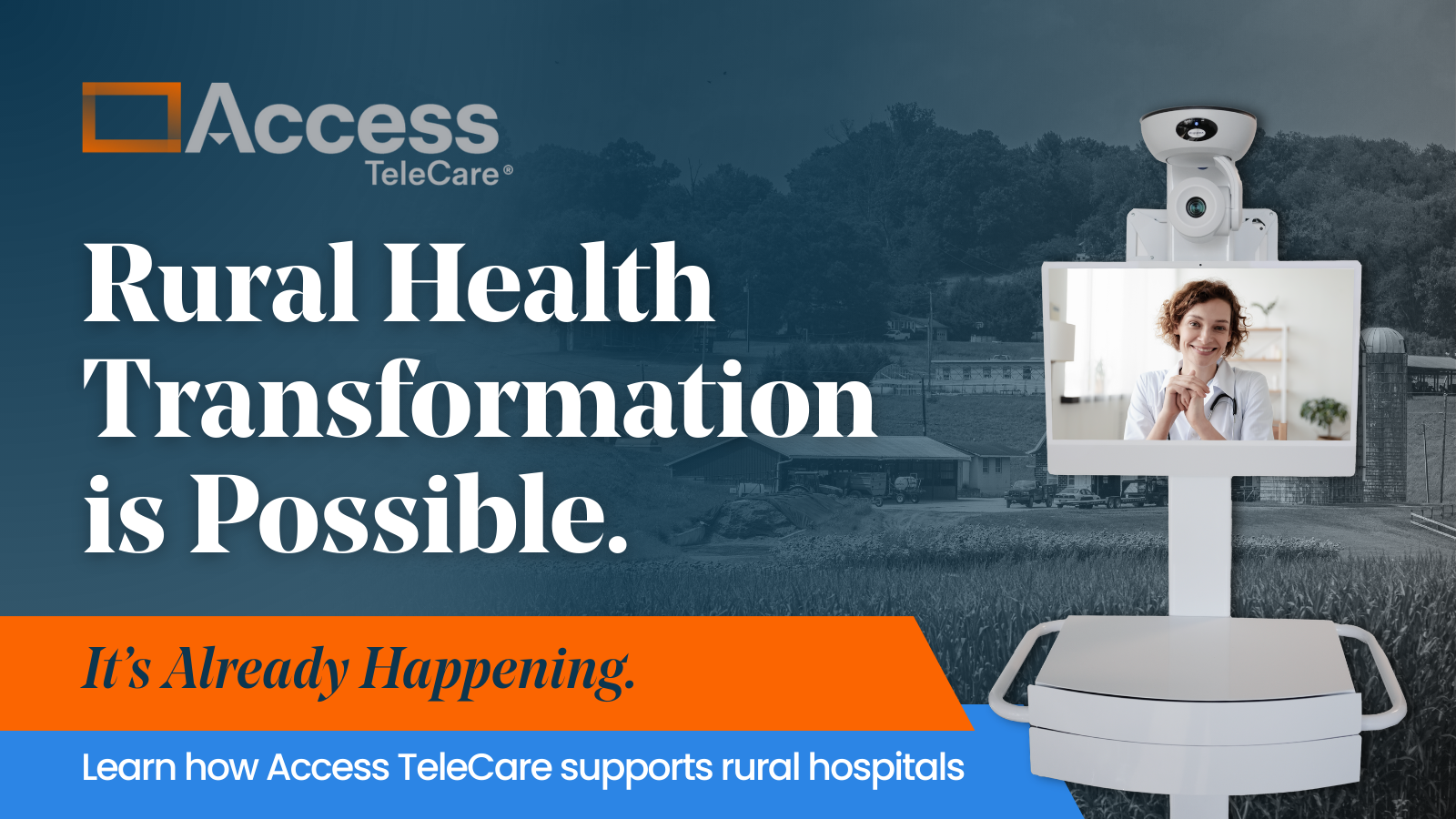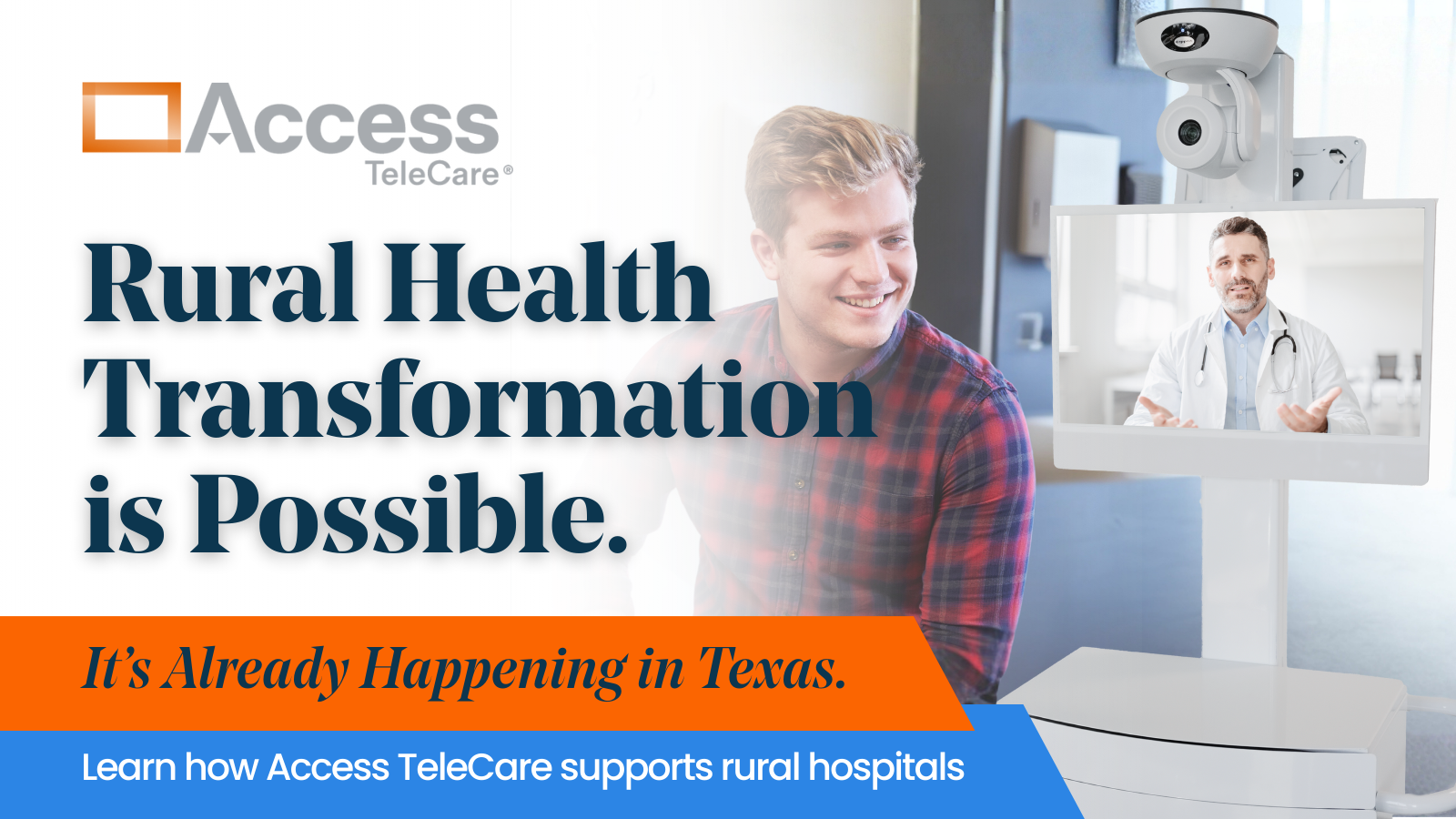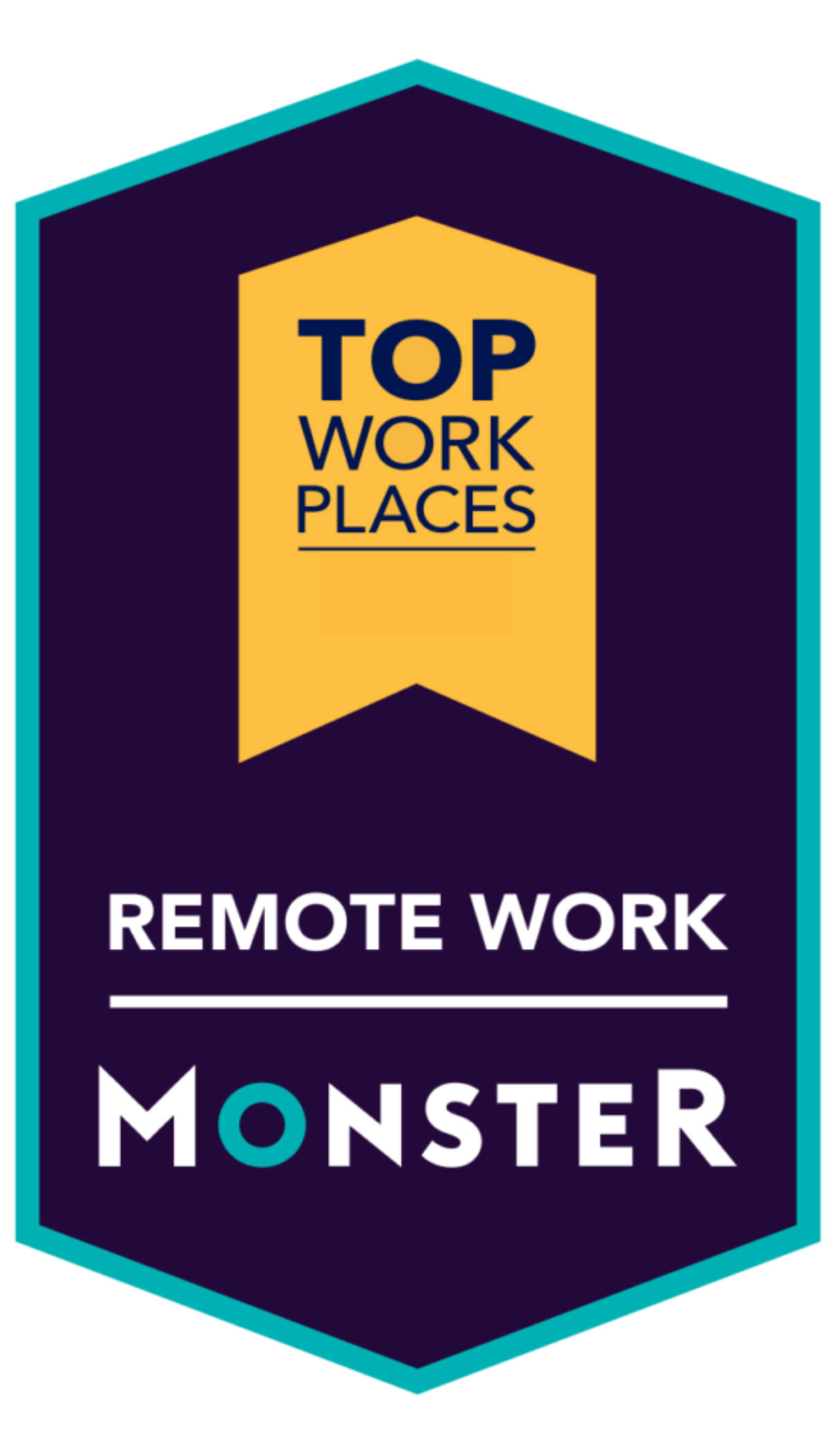With 700 rural hospitals deemed at risk of closure nationwide, specialty telemedicine programs proven to work for rural hospitals, their patients, providers, and communities offer a valuable and expedient solution.
New analysis from the Center for Healthcare Quality & Payment Reform shows that of the 700 hospitals at risk of closure, more than half are at risk of immediate closure. In addition, more than half of the rural hospitals in 10 states are deemed vulnerable to closure.
Major policy changes are needed, according to CHQPR, to stabilize rural hospitals’ finances and keep their doors open. While advocacy from rural hospitals and their allies continues to try to secure these policy changes, acute specialty and behavioral health telemedicine programs offer an almost immediate solution for rural hospitals and communities that can:
- Reduce outbound patient transfers.
- Increase case mix indices.
- Optimize length of stay.
- Increase downstream revenue (i.e. lab, imaging).
- Augment patient satisfaction and loyalty.
For more than 20 years, Access TeleCare has built and sustained specialty telemedicine programs for the smallest of critical access hospitals to the largest of hospital systems. Today, our specialty services are available to more than 216 million Americans through our local hospital and health system partners with a virtual catchment area covering about 65 percent of the U.S. population.
Spotlight: A rural East Texas hospital launched the state’s first virtual ICU with Access TeleCare in 2013. Since then, it has added seven other specialty service lines, all with telemedicine, offering its community not just local access to nearly every specialty but coordinated care among specialists for complex and/or multi-systemic diagnoses.
Spotlight: Two hospitals that are part of the same health system were faced with the imminent retirement of their single on-site nephrologist who covered both locations. They needed a more sustainable model for the future that also allowed the existing provider to retire seamlessly. Access TeleCare’s telenephrology program provided a smooth transition and sustainable care model for the long-term.
Spotlight: When a routine pre-natal test at 12 weeks revealed a pregnant patient’s fetus was at high risk for Turner Syndrome, or Monosomy X, her local obstetrician recommended ongoing consultation and management with a maternal-fetal medicine specialist. Through Access TeleCare’s teleMFM program, she was able to receive regular, ongoing specialty care throughout her pregnancy without having to travel to an urban tertiary care center more than 100 miles away and stay with her local obstetrician.
The demographic and financial factors driving rural hospitals’ vulnerability require a long-term commitment to address. Nonetheless, partnering with the nation’s largest telemedicine provider gives rural hospitals an advantage. Contact us to learn how we can work together to solve your most pressing access to care and bottom-line challenges.









